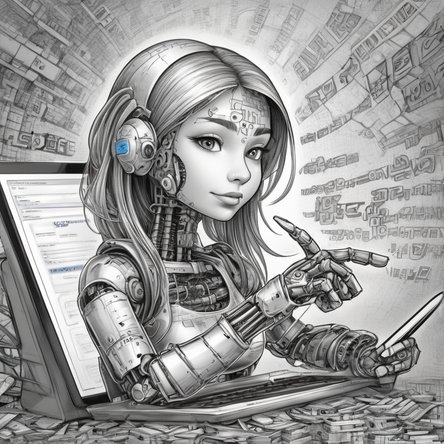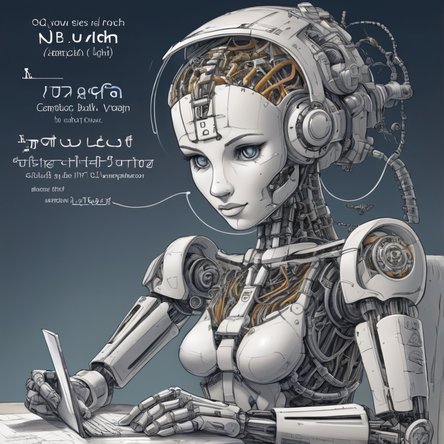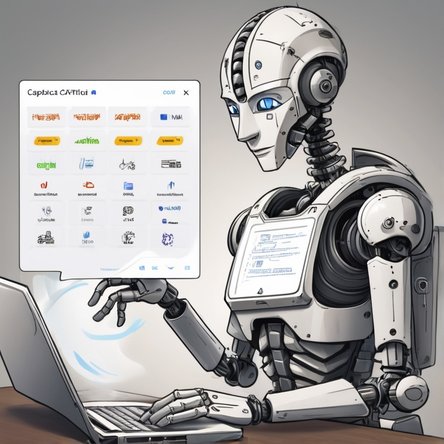What Does CAPTCHA Mean?
The term CAPTCHA stands for "Completely Automated Public Turing test to tell Computers and Humans Apart." It is a type of challenge-response test used in computing to determine whether or not the user is human. CAPTCHAs are employed to prevent bots and automated systems from accessing certain online services and features.
The Origins of CAPTCHA
CAPTCHA was invented by Luis von Ahn, Manuel Blum, Nicholas Hopper, and John Langford at Carnegie Mellon University. The primary goal of CAPTCHA is to create tests that humans can easily pass but are difficult for computers to solve. The initial version of CAPTCHA involved distorting text and images in such a way that only a human could recognize the intended information.
How CAPTCHA Works
The basic mechanism of CAPTCHA involves presenting the user with a test that is easy for humans to solve but challenging for automated systems. These tests can take various forms, including distorted text, image recognition, and logical puzzles. The distorted text CAPTCHA requires users to correctly identify and type the characters displayed in a distorted image. This form of CAPTCHA relies on the human brain's superior ability to recognize patterns and characters despite distortions.
Types of CAPTCHA
Over the years, various types of CAPTCHA have been developed to address different security needs and user preferences. The most common types include:
Text-based CAPTCHA: This is the most traditional form of CAPTCHA, where users are asked to enter characters displayed in a distorted image. The distortions make it difficult for automated systems to accurately recognize the characters.
Image-based CAPTCHA: This type presents users with a series of images and asks them to identify those that meet a specific criterion, such as selecting all images that contain a car or a traffic light. This leverages the human ability to recognize objects in images.
Audio CAPTCHA: For visually impaired users, audio CAPTCHA provides an alternative. It plays a series of distorted sounds or spoken characters that the user must identify and enter.
Mathematical CAPTCHA: This type requires users to solve a simple mathematical problem, such as addition or subtraction, to verify their humanity.
Interactive CAPTCHA: These CAPTCHAs require users to perform a specific action, like dragging and dropping an item into a designated area or clicking on certain parts of an image.
The Importance of CAPTCHA
CAPTCHA plays a crucial role in internet security by protecting websites and online services from malicious automated attacks. Bots and automated scripts can be used for various nefarious purposes, such as spamming, brute-force attacks, data scraping, and creating fake accounts. By implementing CAPTCHA, websites can effectively prevent these automated activities and ensure that only legitimate human users gain access.
CAPTCHA and User Experience
While CAPTCHA is essential for security, it can also impact user experience. Poorly designed or overly complicated CAPTCHAs can frustrate users and lead to abandoned forms or transactions. Therefore, it is important to strike a balance between security and usability when implementing CAPTCHA. Modern CAPTCHA solutions, like Google's reCAPTCHA, aim to minimize user inconvenience by using risk analysis and machine learning to differentiate between humans and bots with minimal user interaction.
The Evolution of CAPTCHA
As technology advances, so do the capabilities of automated systems and bots. This has led to an ongoing arms race between CAPTCHA developers and bot creators. Early CAPTCHA systems relied heavily on text distortion, but as optical character recognition (OCR) technology improved, these became less effective. In response, more complex and varied CAPTCHA systems were developed.
reCAPTCHA: A New Era
One of the most significant advancements in CAPTCHA technology is Google's reCAPTCHA. Initially launched in 2007, reCAPTCHA was designed to use CAPTCHA challenges to digitize books, newspapers, and other printed materials. Users were presented with words that OCR systems could not recognize, and their responses helped improve the digitization process.
In its later iterations, reCAPTCHA evolved to use a combination of text, images, and behavioral analysis to determine whether the user is human. reCAPTCHA v2 introduced the "I'm not a robot" checkbox, which relies on analyzing user behavior and interaction patterns to make an automated determination. reCAPTCHA v3 further minimizes user friction by continuously monitoring user behavior on the website and assigning a risk score without interrupting the user with explicit challenges.
CAPTCHA and Accessibility
While CAPTCHAs are effective in preventing automated attacks, they can also pose challenges for users with disabilities. Visual CAPTCHAs can be difficult for users with visual impairments, and audio CAPTCHAs may not be suitable for users with hearing impairments. To address these issues, modern CAPTCHA systems provide alternative methods for verification and adhere to accessibility guidelines to ensure all users can interact with websites effectively.
Ethical Considerations and Privacy
The use of CAPTCHA raises important ethical and privacy considerations. CAPTCHA systems often collect user data, such as IP addresses and interaction patterns, to improve their effectiveness. This data collection must be conducted transparently and comply with privacy regulations to protect user rights. Additionally, the balance between security and user convenience must be carefully managed to avoid alienating or discriminating against certain user groups.
CAPTCHA in the Age of AI
As artificial intelligence and machine learning technologies continue to advance, the effectiveness of traditional CAPTCHA systems is increasingly challenged. AI-driven bots are becoming more capable of solving CAPTCHA tests, prompting the development of more sophisticated and adaptive CAPTCHA systems. Future CAPTCHA solutions may leverage AI to create dynamic and context-aware challenges that remain effective against evolving threats.
Conclusion
CAPTCHA is a vital tool in the ongoing effort to secure online services and protect against automated attacks. Its evolution from simple text distortions to complex, multi-faceted systems reflects the dynamic nature of cybersecurity challenges. As technology continues to advance, CAPTCHA systems must also evolve to stay ahead of malicious actors while ensuring a seamless and inclusive user experience. By understanding the principles, types, and implications of CAPTCHA, we can appreciate its role in safeguarding the digital landscape and anticipate future developments in this critical area.




